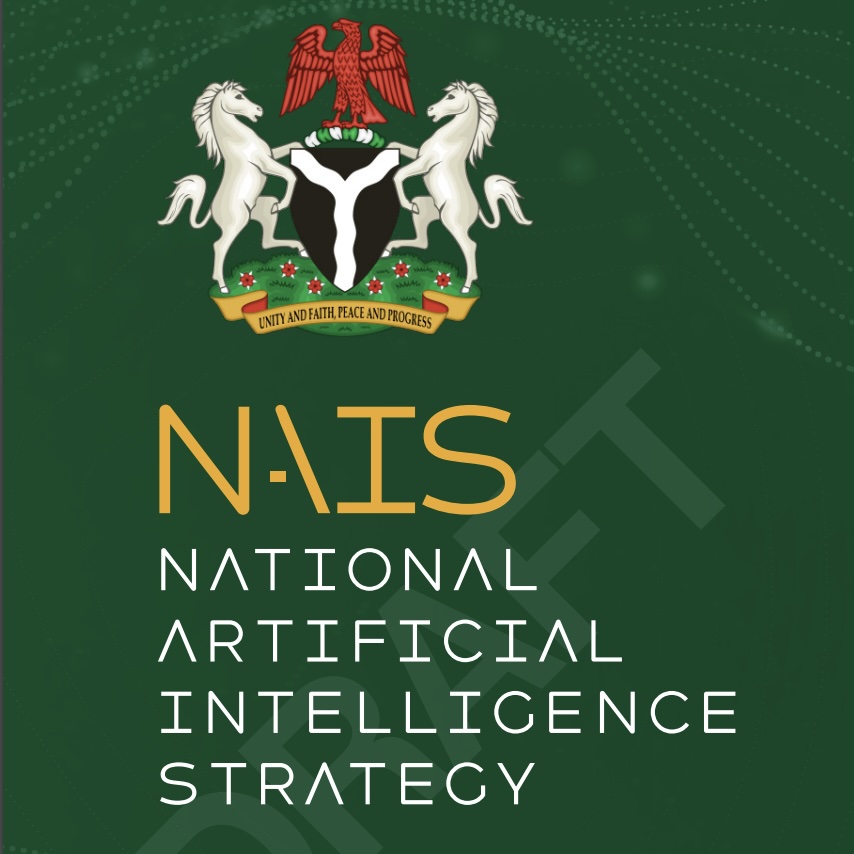In August, the National Centre for Artificial Intelligence and Robotics (NCAIR) under Nigeria’s National Information Technology Development Agency (NITDA) unveiled the National Artificial Intelligence (AI) Strategy.
This strategic document lays out Nigeria’s roadmap for adopting AI across various sectors, aiming to position the country as a leader in AI innovation on the African continent.
Read also: Digital innovation helps Uganda’s tax department meet income goals
AI as a Catalyst for Economic Transformation
The strategy underscores AI’s potential to significantly boost Nigeria’s economy by increasing productivity, creating jobs, and enhancing global competitiveness across critical sectors such as agriculture, healthcare, finance, and education. By leveraging AI, Nigeria seeks to optimise processes, reduce operational costs, and elevate the quality of services provided to its citizens.
The strategy highlights the necessity of developing the nation’s human capital to support this transformation. Recognising a skills gap in AI expertise, it proposes extensive investment in education and training initiatives to prepare Nigerians for a future driven by AI. This includes integrating AI into educational curriculums, fostering research in AI technologies, and promoting collaborations between academia and industry.
Promoting Ethical AI and Robust Data Governance
A significant aspect of the strategy is its emphasis on the ethical use of AI and the importance of sound data governance. It calls for frameworks to ensure that AI is developed and deployed responsibly, safeguarding human rights and privacy. The strategy stresses the need for transparency in AI systems, aiming to eliminate biases and uphold the highest data protection standards aligned with national and international regulations.
The strategy outlines plans to create AI innovation hubs and strengthen Nigeria’s digital infrastructure to facilitate these developments. These hubs will serve as epicentres of collaboration, bringing together startups, researchers, and industry leaders to drive AI advancements. The government also intends to invest in essential infrastructure, such as data centres and high-speed internet, to support the widespread adoption of AI technologies nationwide.
Read also: Agripredict launches AI-powered weather app for Zambian farmers
Fostering Collaboration Through Public-Private Partnerships
The strategy emphasises the critical role of public-private partnerships and international collaboration in advancing Nigeria’s AI agenda. Nigeria aims to leverage external expertise and resources to accelerate AI adoption by engaging with private companies, international organisations, and other nations. The strategy also positions Nigeria as a potential hub for AI innovation in Africa, aiming to attract investment and foster cross-border partnerships.
Nigeria’s National AI Strategy presents a forward-looking vision that seeks to elevate the country’s role in the global AI landscape. By focusing on economic growth, human capital development, ethical AI practices, infrastructure, and collaborative efforts, this strategy is poised to make Nigeria a leader in AI innovation within Africa. As the strategy rolls out, it promises to bring technological advancements that will significantly impact various sectors, driving the nation’s overall development.




